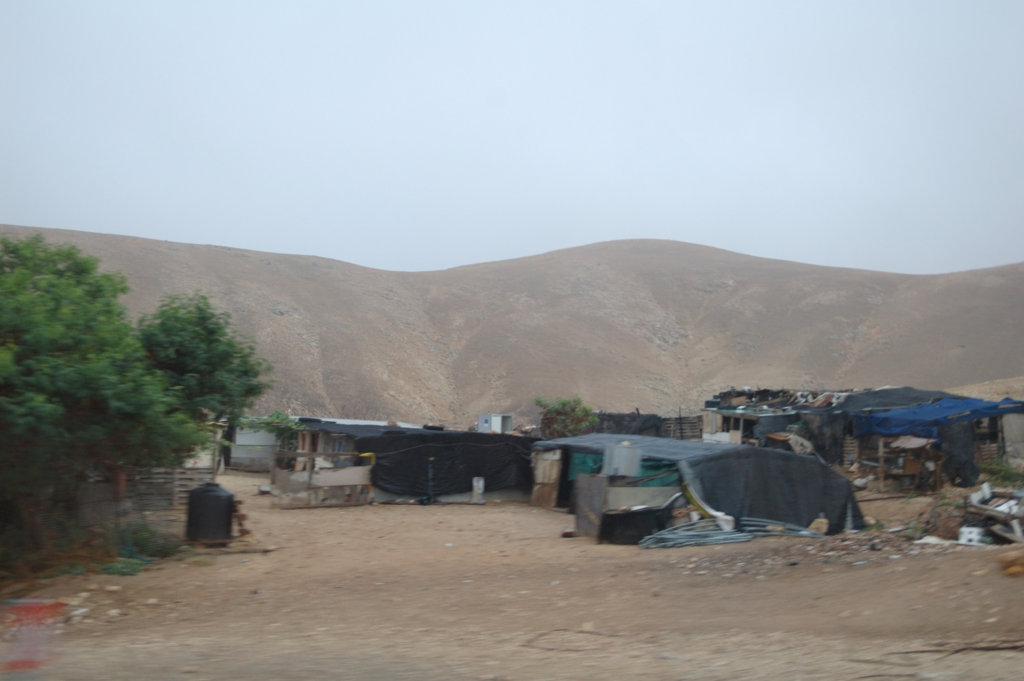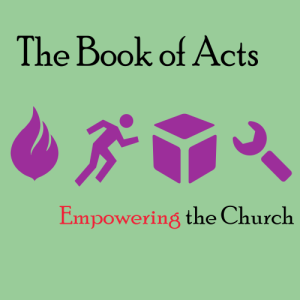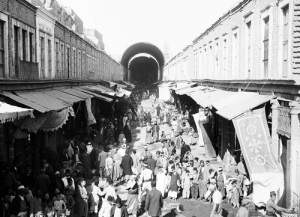“And when the living creatures give glory and honor and thanks to Him who sits on the throne, to Him who lives forever and ever, the twenty-four elders will fall down before Him who sits on the throne, and will worship Him who lives forever and ever, and will cast their crowns before the throne, saying, “Worthy are You, our Lord and our God, to receive glory and honor and power; for You created all things, and because of Your will they existed, and were created.””
Verse 9
Glory
Think back to the scene at the end of Top Gun where Maverick has shot the bad guys to smithereens, buzzed the tower, landed, and receives accolades from the flight deck; this is receiving glory. Also known as flexing as in your muscles to a certain generation.

God is jealous of His glory:
| Old Testament | New Testament |
| “Lift up your heads, O you gates! And be lifted up, you everlasting doors! And the King of glory shall come in. Who is this King of glory? The LORD strong and mighty, The LORD mighty in battle. Lift up your heads, O you gates! Lift up, you everlasting doors! And the King of glory shall come in. Who is this King of glory? The LORD of hosts, He is the King of glory. -Psalm 24:7-10 | “…which none of the rulers of this age knew; for had they known, they would not have crucified the Lord of glory. – 1 Cor 2:8 “My brethren, do not hold the faith of our Lord Jesus Christ, the Lord of glory, with partiality.” -James 2:1 |
| “I am the LORD, that is My name; And My glory I will not give to another, Nor My praise to carved images. -Isa 42:8 | “And now, O Father, glorify Me together with Yourself, with the glory which I had with You before the world was.” -John 17:5 |
So we are not to receive glory. . . (Looking for response.) What is Peter’s opinion on that aspect of glory? We just spoke about it last week.
So then, there IS glory to be had, in imitating / obeying Jesus. Which aspect of Jesus are we imitating? Hint: What does Jesus’ name mean?
Honor
One way to think about a subject is to contrast it with its opposite. The popular phrase is dis, or disrespect. Disrespect can take many different forms, often subtly, like being late for work or an appointment. What have you seen done to or by you on the subject, or to others? Jesus ran into some serious dis when the Pharisees compared Him to a demon, a dark dank slap in the face in Mark 3:22. What does the term Beelzebub mean?
In another dishonor, Jesus is slapped in the face; “hot-handed.” Luke 26:67-68, still again in Mat 27:29-31
But the root of this God described to the prophet: Isa 29:13. If Israel can be condemned for dishonoring, how can we avoid this? (Hint: there is something God points to in the next two verses that parallels what the Pharisees were doing in the quote we just read in in Mark. A way to avoid dishonoring God.
Now follow this train of thought to Isa 29:16:
What is the linkage to all this? How does a potter and clay have anything to do with dishonor? Follow the train of thought.
So if this is dishonoring, what is honoring Christ? Some hints John 15:12-14
Or this admonition Psalm 2:12
Thanks
We give thanks. Why? Do you give thanks to someone who owes you money, or an employer? How about the one who does a good deed?
Baker Encyclopedia of the Bible describes gratitude, the root of thanksgiving thus:
“Natural expression of thanks in response to blessings, protection, or love. In the Judeo-Christian tradition, gratitude is not a tool used to manipulate the will of God. It is never coerced or fabricated in one’s mind; rather, gratitude is a joyful commitment of one’s personality to God.”
Think of thanks as a created being’s response to the character and characteristics of God. There are innumerable Bible references on the subject. Let’s go around and give reasons why we are thankful to God, bonus points for Scripture references.
Sits on the Throne
Given the state of our nation, and world, it is difficult to agree (other than intellectually, perhaps) that indeed, God is on the throne. We can take comfort. The “How long O Lord” quote is so mixed with emotion. The anxious longing of the chastised person or nation: Psalm 6:3, 79:5, 80:4, 90:13, Zech 1:12.
And the burning anger of justice (seemingly) delayed: Psalm 94:3, Hab 1:2, Rev 6:10
Until now, both questions unanswered, but never far from God’s heart. Yes, He is on the throne?
Perhaps we can use this snippet as a spiritual barometer. What is your reaction to the idea that God is on the throne? Is that a comfort? Is it an impatient plea? (Remember all the passages of the psalmists, they are no “better” or “worse” than you or I. Is it a comforting notion?
Forever and Ever
Can you explain forever? Try. We know we are eternal beings: Ecc 3:11. A perusal of the NLT version of this passage draws us into a thought: that our understanding of eternity is only partially true.
One of the foundational issues of a godless creation is just that: how do you get something from nothing? Speculation abounds, laboring under the heading of “science”, or “Big Bang,” and others. One idea posits that there was nothing, and a build up of negative and positive forces (equaling zero, of course, just to keep it “scientific,”) built up causing the explosion known as the Big Bang. The subject of origins we will deal with separately, but the idea that God has always existed is not comprehensible to a finite being.
The Greeks and Hindus think of time as revolving in a big circle, and so try to get past the idea of forever, but this merely repositions the problem, not solving it.
Humans think in terms, and observe actions and reactions, and cause & effect. But God is uncaused. Solomon says so in Ecc 8:17, and Paul, in Romans 11:33. The Hebrews use Olam for eternity, but the thinking comes down to stringing together long periods of time.
Perhaps we should see God as outside of time, something we think of abstractly in a way, but the fact is, God is uncaused, and exists eternally, something no other being can do. If that is not in itself a valid reason to worship Him, set us straight.
Verse 10
Falling Down
Falling Down is the natural reaction of a created being (more on that a bit later) encountering the holy God. Consider Abraham’s response to his three visitors in Gen 18:1-4. It’s the first time the word, shacah, is used. It is a full prostration. The use of the word in this story ties closely with it the idea of hospitality; they seem to be interchangeable.
Worthship – Worship, God was and is worthy to be worshipped, and to Abraham, who had enough spiritual sensitivity to recognize his visitors at some level are not your average Middle Eastern travelers.

Where are other places where we see people falling down before God? Again, more points for Scripture references. Here’s mine: Acts 9:4
Casting Crowns
We talked about these earlier. But look at what this implies: Our reward in Heaven ultimately becomes our enhanced ability to worship our creator. Said another way, our riches are used to magnify God! All this rises in a thunderous crescendo:
Holy, holy, holy, all the saints adore Thee
Casting down their golden crowns around the glassy sea
Cherubim and seraphim, falling down before Thee
Which, wert and art and ever more shall be.
Oh glorious day!
Verse 11
Worthy
Some things are worth more than others. And although we are created equal, society offers varying worth according to status, power, skill, and so on. How so much more God values us. Mat 6:25-26. How else does God value us? Hint: Substitute love for value.
You may not stop to pick up a penny as I did (and do), but it has some worth, even as Jesus says we do:
Rationale: You created all things, by His will, they did not show up due to some independent quality of baser materials self-forming and gradually resulting in mankind. No.
Worshipping God because He is our maker is the Chief reason we are here; to “know God and enjoy Him forever” per the first question posited in the Westminster Shorter Catechism. Again, the Great Doxology of Romans 11:36
That we are created drives a great and liberating principal, Natural Law. Its author, John Locke established the thought that the freedoms enjoyed and codified in the United States Constitution flow from the consent of the governed, not from another opposing idea, the Divine Right of Kings by Sir Robert Filmer.
It was Locke’s belief that people were created by God for a purpose (op cit), and since by relationship, since we have a Maker, we are subject to Him. Further, Locke believed that we have an intellectual capacity to perceive and fulfill these things, that is, God’s purpose for us.
Given all this, Locke concludes that as opposed Filmer’s (and others) belief in the natural right of kings, Locke believed in the Natural Law of THE King. A postscript, Locke had to flee England
Our Lord and Our God
Finally, tucked away in a quiet corner, is this gem. This most beloved and cherished by the redeemed. The fact that we can call God our God, our Lord, moving Him from the aloof tower of God, to My God. The idea is intimacy, expressed over 200 times in the Bible, first as a separation from Egypt: Exo 3:18, to the great Hallelujah of Rev 19:16
Our God is not for the unsaved. It is for the called, the elect, the chosen, and yet electing Him, loving Him as Lord, knowing Him and enjoying Him forever .










